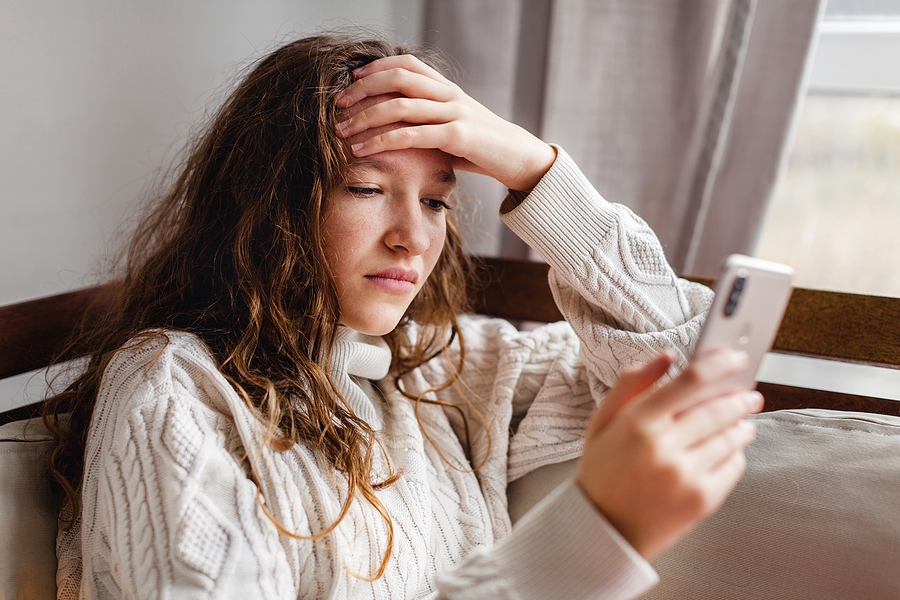SOLOMON: Will Courts Hold Facebook Liable for Kids’ Anorexia?

In July, two families in Kentucky filed lawsuits against Instagram (whose parent company is Meta, which all of us still think of as Facebook), seeking to hold the company responsible for their daughters’ eating disorders and mental illnesses. This is the tip of a massive iceberg, as in more than 80 current lawsuits, parents are claiming that Facebook and other social media platforms are causing their children irreparable harm.
As these cases continue to pile up, they come as no surprise to those who have closely followed the legal woes of these social media companies. Over the past few years, Facebook has faced a barrage of lawsuits alleging that it failed to protect minors from sexual predators and cyberbullies.
The current lawsuits follow in the steps of an earlier round, filed in 2016 by a coalition of consumer groups and public interest organizations who alleged that Facebook’s policies violated the Children’s Online Privacy Protection Act (COPPA). These suits, which were consolidated into one federal case currently pending before the Ninth Circuit Court of Appeals, all sought class-action status for millions of minors whom they allege suffered emotional distress as a result of their interactions with other children on Facebook or Instagram
In 2017, Facebook was sued in Illinois by the parents of a 14-year-old girl who allegedly died by suicide after being cyber-bullied on the social media platform. The suit, which also named Instagram and the alleged bullies as defendants, claimed that Facebook failed to implement safeguards to protect children from online violence. In seeking $100 million in damages for their daughter’s death, the parents argue that if Facebook had done more to prevent bullying on its platforms and remove offensive content when reported by users or other third parties (such as school authorities), then perhaps their daughter would still be alive today.
In 2018, two other suits were filed in California alleging that Facebook knowingly allowed minors to access its platforms and failed to protect them. One of those cases involved a 13-year-old girl who says she was bullied through Instagram and then sexually assaulted by an adult male. She says that after she reported the incident, Instagram failed to remove the photos posted by her assaulter. In California, minors can sue in civil court without their parents’ permission if they have suffered harm as a result of another’s negligence or carelessness, but only if they’re seeking damages for personal injury. The girls’ lawyers argue that their clients’ suffering qualifies as such an injury because it caused “severe emotional distress.”
Whether Facebook is held liable for a case of anorexia is less important than the collective opening of a very powerful door for families who are filing these lawsuits.
Kila Baldwin, a Philadelphia-based catastrophic injury lawyer who is very familiar with these types of cases, shared a poignant observation with me:
“The collective weight of these ongoing suits bears heavily on the backs of social media companies, which need to individually and collectively appreciate that their platforms, which they often argue were designed to change lives for the better, can also destroy them.”
One thing is eminently clear: These claims aren’t going away anytime soon, nor are other potential legal challenges involving kids’ use of social media platforms. These social media companies have no viable option moving forward than to hold themselves to a higher standard.
Please follow DVJournal on social media: Twitter@DVJournal or Facebook.com/DelawareValleyJournal





